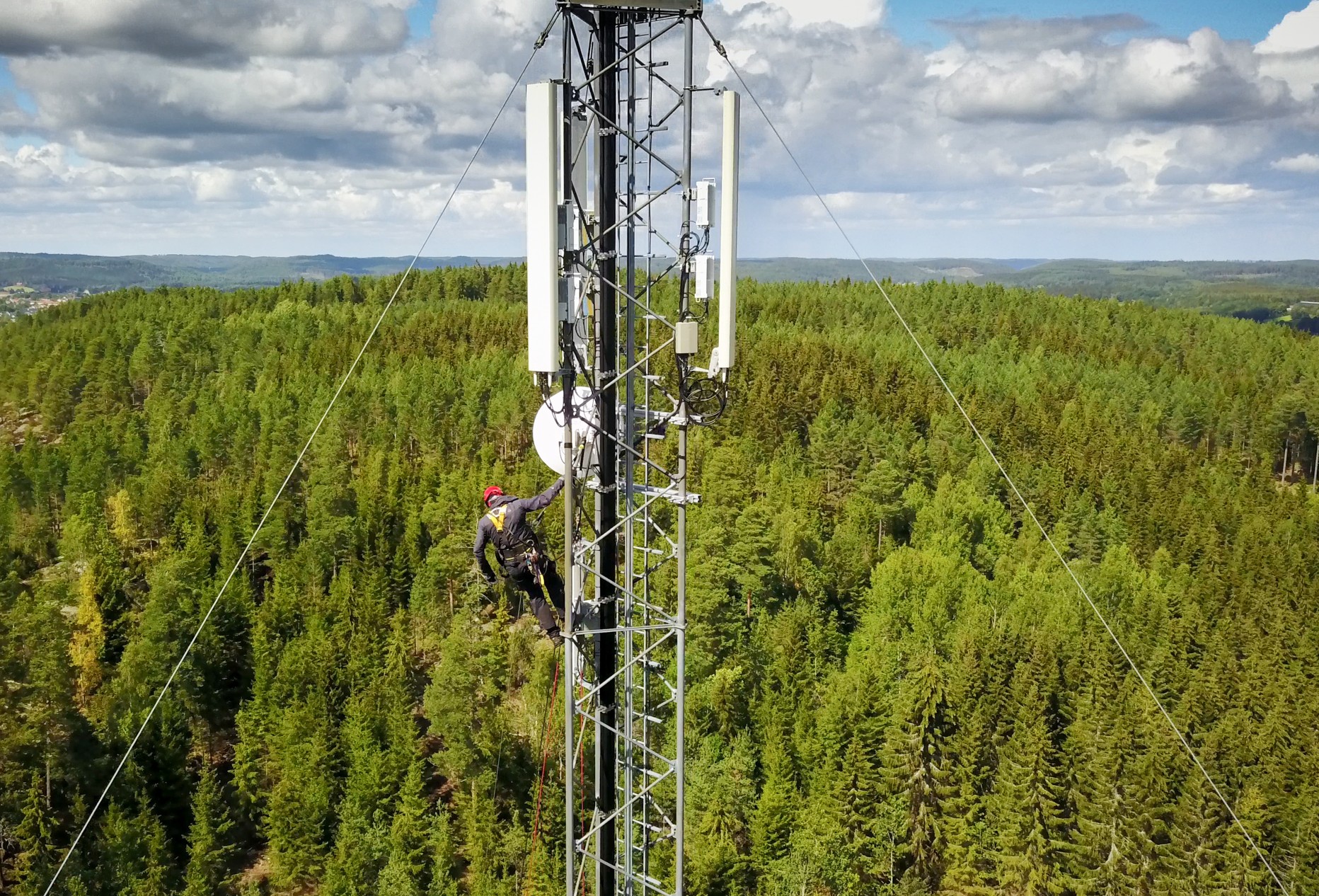Seven U.S. senators sent a letter to Alan Davidson, head of the National Telecommunications and Information Administration, today urging NTIA to revise its definition of reliable broadband for the Broadband Equity Access and Deployment (BEAD) program.
It’s a hot issue for fixed wireless access (FWA) providers, as NTIA’s definition will determine whether some of those providers are able to participate in the $42.5 billion program.
The senators signing the letter include Steve Daines, Marsha Blackburn, John Barrasso, Cynthis Lummis, Ted Cruz, Thom Tillis and John Cornyn.
NTIA Reliable Broadband Definition
The BEAD program is designed to cover some of the costs of deploying broadband to unserved rural areas. In establishing rules for the program, NTIA omitted fixed wireless service that relies totally on unlicensed spectrum for last mile connectivity from its definition of reliable service – a decision that impacts the BEAD program in two ways.
It makes FWA deployments using unlicensed spectrum ineligible for funding. And it makes areas that have high-speed broadband eligible for overbuilds if the only high-speed broadband available is FWA that relies on unlicensed spectrum.
The senators noted both of those issues in the letter.
Regarding the possibility of allowing funding for FWA using unlicensed spectrum, the senators argued that “It is important that NTIA allow all broadband providers and technology to compete in order to ensure that we finally close the digital divide.”
Regarding the eligibility of areas already served by unlicensed high-speed fixed wireless, the senators said “NTIA runs the risk of wasting billions of taxpayer dollars by duplicating services in areas that already have access to speeds well above 23/5 Mbps, 100/20 Mbps or even higher, instead of prioritizing rural communities that are truly unserved.”
NTIA hasn’t said much about why it defined reliable broadband as it did. But David Zumwalt, CEO of the Wireless Internet Service Providers Association (WISPA) told Telecompetitor a few months ago that NTIA’s primary concern was the future availability of unlicensed spectrum.
WISPA is particularly concerned about whether areas that already have unlicensed high-speed FWA will be eligible for overbuilding through the BEAD program, as many WISPA members already have made high-speed FWA deployments that rely on unlicensed spectrum.
It’s worth noting that NTIA could give FWA providers and the senators just part of what they have asked for. Potentially NTIA could prohibit unlicensed FWA from receiving BEAD funding but revise the definition of reliable broadband in determining areas eligible for the BEAD program to include areas served by unlicensed FWA.
There is a precedent for this, as other broadband funding programs have at times made areas lacking service at a certain speed eligible for funding, but also have required those receiving funding to deploy service at a higher speed.
It’s also worth noting that the FCC, which also administers some broadband funding programs, has awarded funding for FWA deployments that rely on unlicensed spectrum.
If the NTIA were to change its reliable broadband definition, it will have to do so soon. The FCC is in the process of collecting information about where broadband is available and providers using FWA must choose one of two categories for their service – service that relies on unlicensed spectrum or service that uses licensed spectrum or a combination of licensed and unlicensed spectrum.
That information will be used to determine locations eligible for the BEAD program, which in turn will determine what portion of the $42.5 billion BEAD budget is allocated to each state. NTIA has said it will announce state allocations in the summer of 2023.

